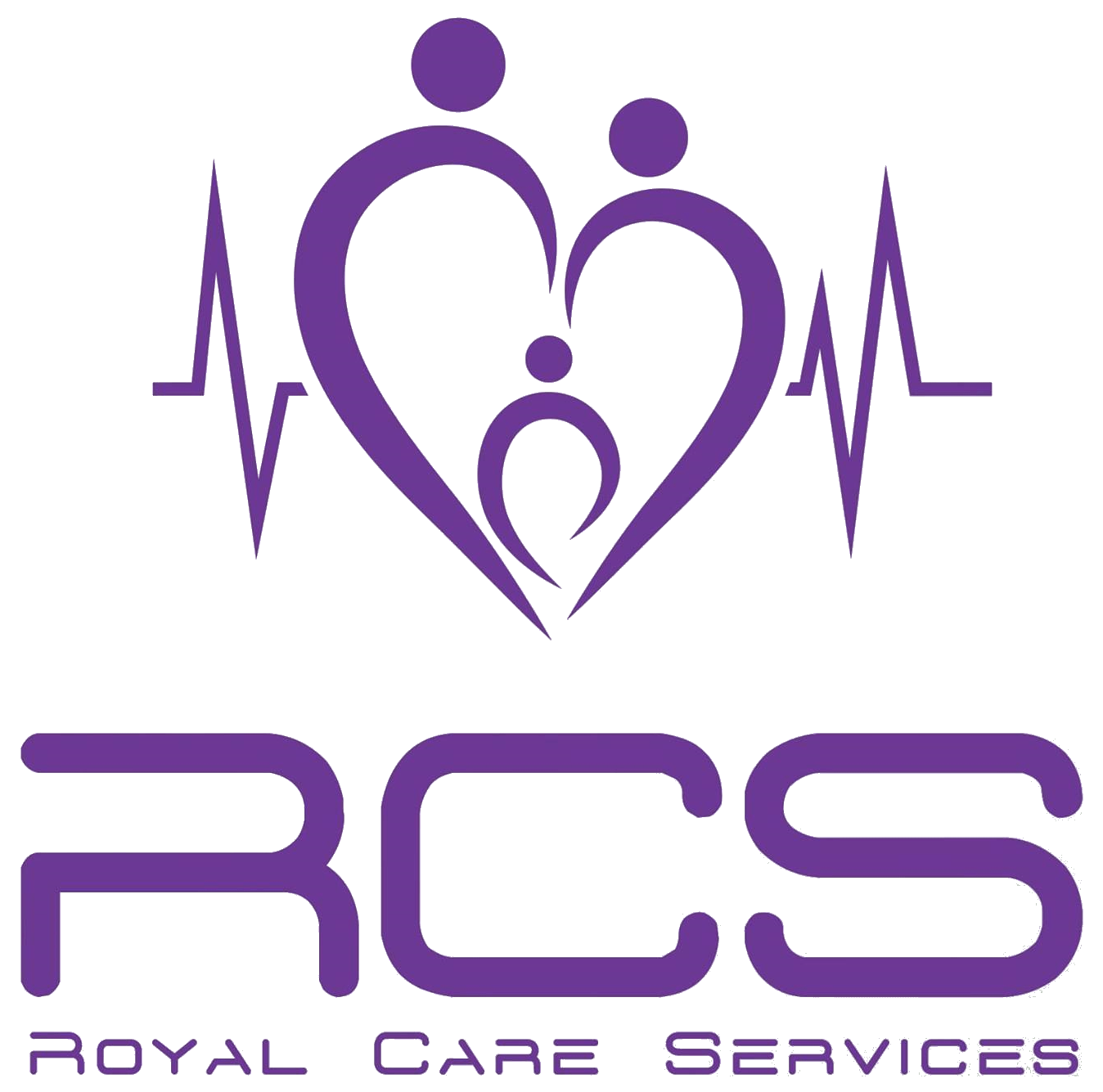Therapeutic Supports
What are Therapeutic Supports?
NDIS Therapeutic Supports are a range of supports designed to assist people with a disability to manage their mental health and well-being, including help with emotion regulation, self-management, coping strategies, functional skills, and crisis management. The goal is to enable participants to improve their independence and enable them to participate in day-to-day activities more confidently. It is available to participants of the National Disability Insurance Scheme (NDIS) in Australia and can be provided by a clinical psychologist, psychotherapist, or clinical social worker. Therapeutic Support can involve one-on-one, group, or family sessions, as well as workshops and psychoeducation. These supports will help the participant improve their mental and emotional functioning, redefine their goals and values, and foster resilience.
How to access can I access Therapeutic Support?
Participants who wish to access Therapeutic Supports must be eligible for the relevant NDIS funding category. This is because each person’s circumstances are different and the support offered varies depending on the needs of the individual. The National Disability Insurance Scheme (NDIS) provides several funding options for therapeutic support under the Capacity Building budget category. These supports are designed to improve the daily living, health, and well-being of individuals, as well as their relationships with others.
- The Improved Daily Living budget primarily funds therapies aimed at enhancing independence and community participation, with the goal of achieving personal objectives. Most often, when people refer to therapeutic support, they are referring to this category.
- The Improved Health and Wellbeing budget, on the other hand, provides funding for consultations with exercise physiologists, personal trainers, and dietitians.
- The Improved Relationships budget covers therapies related to behavioral interventions and social skills development.
To ensure that NDIS participants receive reasonable value from their support packages, the National Disability Insurance Agency (NDIA) establishes price caps for certain NDIS supports. These caps are reviewed annually. As an NDIS participant, if it is considered reasonable and necessary for you to use any of these supports due to your disability, and they can assist you in achieving your long-term goals, you should be eligible for funding within your plan to access these supports.
Who provides Therapeutic Support?
The majority of therapeutic supports funded by the National Disability Insurance Scheme (NDIS) are delivered by qualified allied health professionals, such as occupational therapists, physiotherapists, dietitians, and speech pathologists. These professionals have the required expertise to provide the necessary care and support to NDIS participants. Additionally, registered nurses can also provide these supports, provided they possess the appropriate qualifications in their respective fields. The provision of therapeutic support entails an initial consultation to discuss your specific support needs, abilities, and goals. During this consultation, the Therapeutic Support Provider may request that you complete certain activities or answer questions to assist in the assessment of your needs. Once your needs are assessed, a plan will be formulated to assist you in accomplishing your goals. This strategy may encompass hands-on therapy, regular appointments, home-based activities, and/or lifestyle adjustments. The primary objective is to ensure that the therapeutic support plan is tailored to meet your specific requirements and is aimed at helping you achieve your long-term objectives.
Meet Mark
We've been working with Mark for over two years now. Mark has some conditions that are eligible for NDIS, and we've been supporting him with his plan. We offer services like assistance with daily living and short-term accommodation, and Mark has been super happy with the care he's received from us. It's been great to see his quality of life improve, and we're honoured to be a part of that journey with him.
The Royal Care Services Difference
Frequently Asked Questions
We're always here to answer any and all of your questions. Below are some of the more common questions we receive, however if you don't see your question amongst these, please don't hesitate to give us a call or drop us a line.


